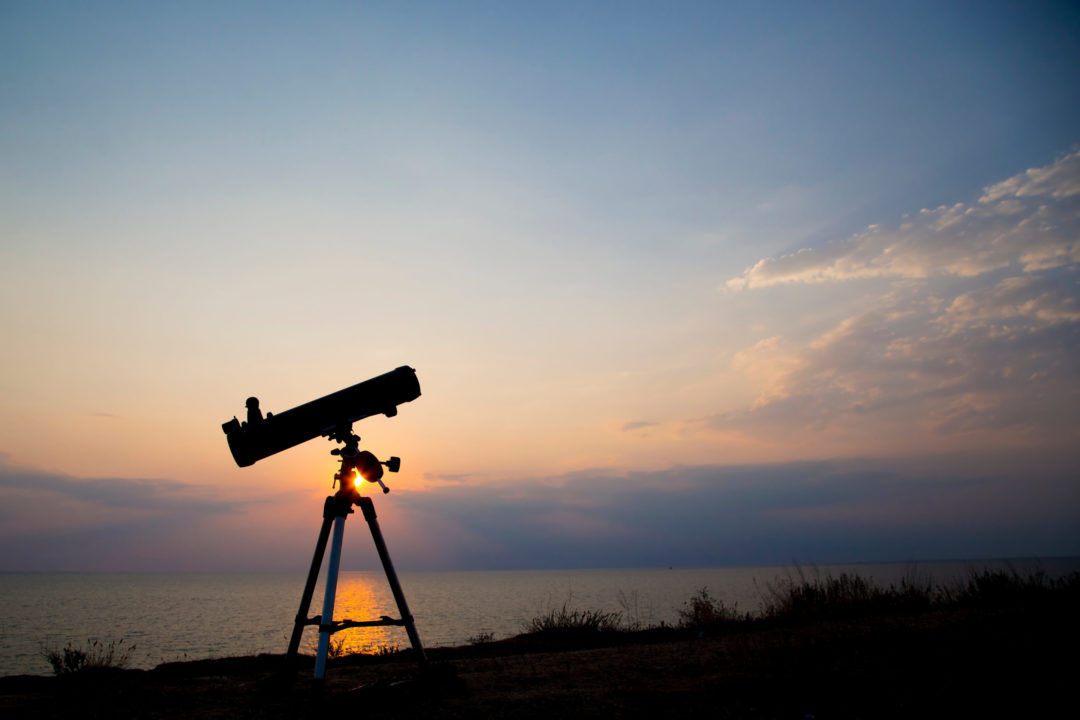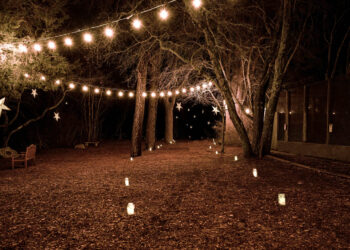
Start your new year among the stars and discover how astronomy and the ancient world shaped our modern calendar. The study of the stars is as old as time and, in fact, is how we measure and tell time. The New Year, a holiday related to celestial bodies and their motion, is a perfect time to reflect on how astronomy and the stars have impacted how we organize our lives on Earth.
Hosting its first event of 2023, the Hamptons Observatory invites you to a free virtual discussion of the Astronomical Calendar with the notable speaker Lydia Maria Petrosino. The event is a collaboration with the Amagansett Free Library.
Join the Hamptons Observatory on Thursday, January 19, 2023, from 7:00–8:00 pm. Attendance is free, but donations are encouraged and greatly appreciated. Registration is required.
Follow the link to sign up: https://bit.ly/CelestialCalendar.
Every culture, no matter when in human history, has turned to the stars above to explain life below.
Often, the stars have been the source material for creation stories. Not surprisingly, a story that explains the beginning of life is called a Cosmology (i.e., cosmos). Today, the Big Bang theory is the prevailing cosmology agreed upon by scientists as the beginning of life in our universe.
Beyond the origin of life, the stars have often inspired questions and offered answers for what happens in the afterlife. It is unsurprising that the word Heavens is above and often imbued with spiritual importance.
Today, we are still inspired by the stars. While we may have new scientific answers to explain what stars are, there are many ways that celestial interpretations from the past have shaped our lives.
The evening’s presentation will focus on Lydia Petrosino’s expertise in archaeoastronomy, or how ancient cultures viewed the sky. I’ll admit I didn’t know what archeoastronomy was, but now I am very interested — curiosity has been piqued. It’s fascinating to consider how ancient peoples viewed the stars and how their interpretations impacted society.
At the heart of the discussion is a powerful question, one we may not often consider: How did astronomy and the ancient world shape our modern calendar? The Observatory’s executive director, Donna McCormick, says of the discussion, “Our ancestors saw that events on earth were linked to the stars and created celestial maps that informed the calendar and connected human life to the universe. The discussion will examine historical and cultural influences, the part astrology, the Zodiac, and constellations played in early astronomy.”
The host is a captivating and well-known speaker, Lydia Maria Petrosino, who works at the American Museum of Natural History and is an established lecturer at the Hayden Planetarium as its resident mythologist. For the last ten years, Lydia has co-hosted the very popular “Romance Under the Stars” program featured at planetariums across the country every Valentine’s Day (I’ve seen it, it’s excellent, and Lydia is a genuinely captivating speaker).
For more info, visit www.HamptonsObservatory.org












